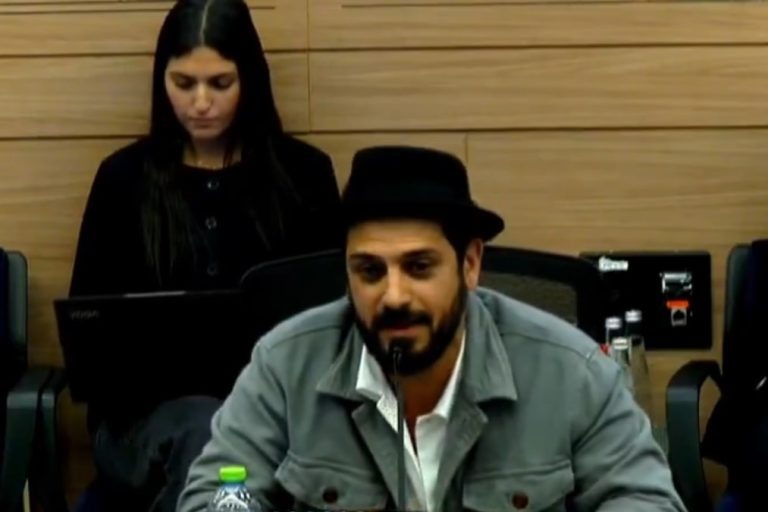 Police have a suspect in mind as they investigate a letter mailed to Sen. Roger Wicker that tested positive for poisonous ricin, a Senate colleague said.
Police have a suspect in mind as they investigate a letter mailed to Sen. Roger Wicker that tested positive for poisonous ricin, a Senate colleague said.
“The person that is a suspect writes a lot of letters to members,” Sen. Claire McCaskill, D-Mo., said Tuesday as she emerged from a classified briefing.
Authorities declined to comment on a suspect or any other aspect of the investigation being led by Capitol Police and the FBI after tests indicated that a letter mailed to the Mississippi Republican’s Washington office contained the potentially deadly toxin. The letter was intercepted at a Senate mail facility in Prince George’s County, Md., just outside Washington, said Illinois Sen. Dick Durbin, a member of the Senate’s Democratic leadership.
The letter’s discovery shook the U.S. Capitol, where several events were canceled Tuesday in response to Monday’s Boston bombing that killed three people, injured more than 170 and ignited fresh fears of terrorism. There was no evidence of a connection between the two events.
FBI spokesman Paul Bresson said initial field tests on the substance produced mixed results and it was undergoing further analysis at a laboratory. Only after that testing could a determination be made about whether the substance was ricin, Bresson said.
Capitol Police spokesman Shennell S. Antrobus said police were notified that the mail facility had received “an envelope containing a white granular substance.”
“The envelope was immediately quarantined by the facility’s personnel and USCP HAZMAT responded to the scene,” Antrobus said. “Preliminary tests indicate the substance found was ricin. The material is being forwarded to an accredited laboratory for further analysis.”
One congressional official, speaking on condition of anonymity because the investigation wasn’t concluded, said evidence of ricin appeared on two preliminary field tests.
Antrobus said operations at the Capitol complex had not been affected by the investigation.
Terrance Gainer, the Senate’s sergeant-at-arms, said the envelope bore a Memphis, Tenn., postmark but had no return address or suspicious markings.
Mail from a broad swath of northern Mississippi, including the Tupelo, Oxford and Memphis suburbs in DeSoto County and the northern part of the Mississippi Delta region, is processed and postmarked in Memphis, according to a Postal Service map. The Memphis center also processes mail for residents of Western parts of Tennessee and eastern Arkansas.
Gainer told Senate offices there is “no indication that there are other suspect mailings.”
But in an email to Senate offices, he urged caution and said the mail facility where the initial tests were performed will be closed for a few days while the investigation continues.
“Our primary concern right now is the safety of our employees, the safety of our customers and the safety of the U.S. mail,” Postal Service spokeswoman Patricia Licata said.
She said the agency is working with health and law enforcement officials but didn’t answer a question about whether any employee had been exposed to the substance found on the letter.
Among senators there was a mix of apprehension and appreciation that security protocols – put into place after anthrax mail attacks following the terrorist attacks of Sept. 11, 2001 – seemed to work.
The 2001 anthrax-laced letters appeared in post offices, newsrooms and the offices of then-Senate Majority Leader Tom Daschle, D-S.D., and Sen. Patrick Leahy, D-Vt. Two Senate office buildings were closed during that investigation. Overall, five people died and 17 others became ill. The FBI attributed the attack to a government scientist who committed suicide in 2008.
“Luckily, this was discovered at the processing center off premises,” Durbin said. He said all mail to senators is “roasted, toasted, sliced and opened” before it ever gets to them.
Sen. Carl Levin, D-Mich., said it was clear the revised mail screening system had worked as it should.
“It was caught in a way that did no damage, so I’m not obsessively concerned,” Levin said.
Sen. Jeff Flake called the letter “a big concern, obviously, for all of us.” The Arizona Republican described senators as “very anxious to get more details.”
Wicker was appointed to the Senate in 2007 before winning a full term last year. He previously was a House member for 12 years. He is viewed as a solid conservative.
Milt Leitenberg, a University of Maryland bioterrorism expert, said ricin is a poison derived from the same bean that makes castor oil. According to a Homeland Security Department handbook, ricin is deadliest when inhaled. It is not contagious, but there is no known antidote.
(AP)










